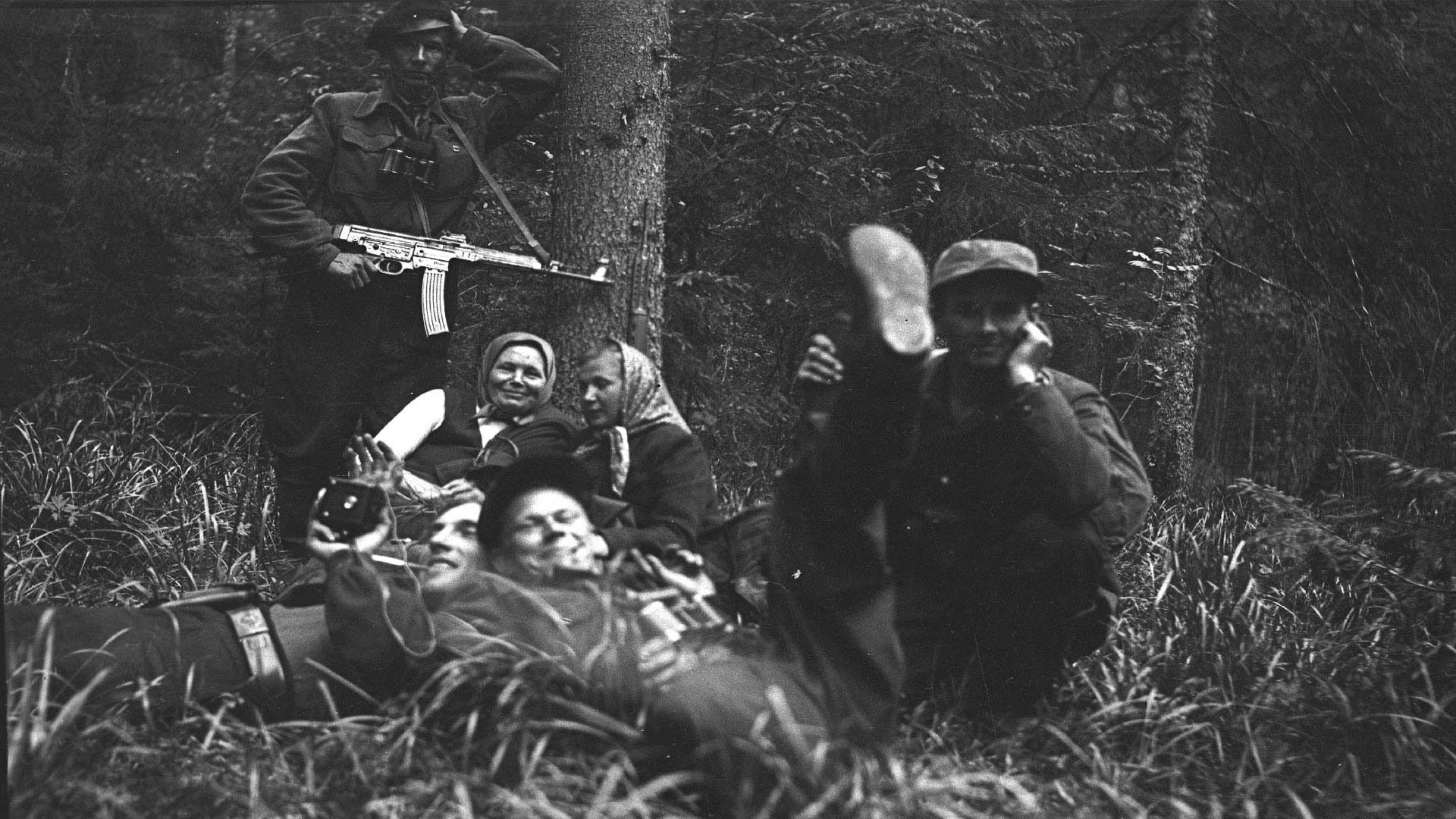Heritage, hipster et al
Jan 19, 2018
Estonian Life No. 3 2018
There's Carl Robert Jakobson, who played a leading role during ärkamis/aeg (the period of Estonian national awakening) starting in the 1850s, aka Mr 500-kroon banknote, with a statue of his likeness in Viljandi; Jakob Hurt, known as the king of Estonian folklore during the late 19th century, aka Mr 10-kroon banknote, with a statue of his likeness in Tartu; statesman Jaan Tõnisson, also with a statue of his likeness in Tartu, and the man on the photo, who, of course, has a statue of his likeness in Tartu and... He's not Estonian and lived a few centuries before the other bearded leading men.
It's Swedish kuningas (king) Gustav Adolf, described on this Tallinn street ad as "akadeemia ja tudengite maale/tooja" – importer of academics and students, to Estonia. In 1632, he founded Academia Dorpatensis, known today as the University of Tartu and is one of tens of figures (and a few objects) currently featured in a huge campaign in Estonia kicking off Euroopa Kultuuri/pärandi/aasta – the European Year of Cultural Heritage. Hurt and Tõnisson are also featured, as are numerous female national cultural icons, although visually not as distinguishably hipster. I haven't happened to see Jakobson lit up streetside. Yet.




